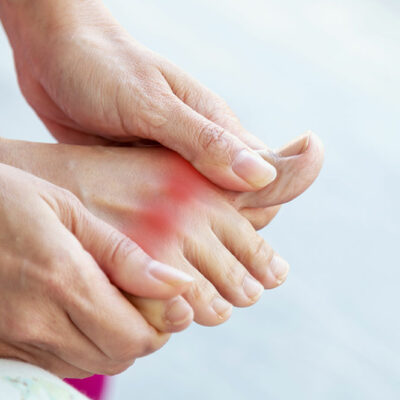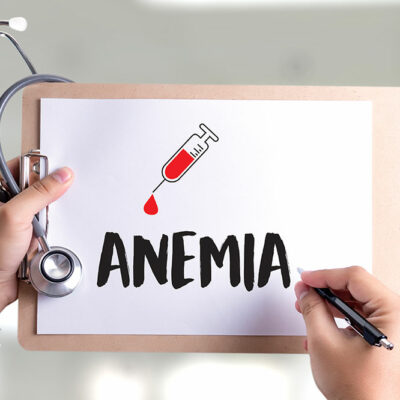
7 Common Risk Factors for Breast Cancer and Treatments
According to statistics, most breast cancer cases are found in women who are older than 50 years of age. And one in every eight women develops invasive breast cancer in her lifetime. This is a cause for concern, and therefore, doctors recommend regular breast examination, as well as medications like Trastuzumab, Tamoxifen,
1. Genetic mutation
There are some risk factors that can be controlled by an individual, while some cannot be. Gene mutations BRCA1 and BRCA2 are one of the most common causes of breast cancer. These mutated versions lead to abnormal cell growth that is responsible for the development of cancer.
2. Old age
As women age, their bodies may become more susceptible to severe conditions, such as cancer. Studies suggest that most breast cancer cases occur in women aged between 55 and 64 years. This is not to say that the condition cannot occur at a younger age.
3. Obesity
Obesity leads to several health scares, breast cancer being one of them. However, this is a risk factor that can be managed through changes in lifestyle. Keeping a check on one’s diet and nutrition and exercising for weight management can help greatly.
4. Hormone therapy
Hormone replacement therapy (HRT) that includes estrogen and progesterone can increase one’s risk of developing breast cancer. Plus, if this therapy is opted for during the time of menopause and for a prolonged period of time, then it can significantly increase breast cancer risk.
5. Exposure to radiation
Any woman who has used radiation therapy as a form of treatment before the age of 30 is at a higher risk for breast cancer. This form of therapy could have been used for treatments like Hodgkin’s lymphoma, which is a type of cancer that affects the lymphatic system.
6. Family history
If any first-degree relative has had breast cancer, then the individual is at a higher risk of developing this disease.
7. Personal history
A woman who has survived breast cancer is more likely to develop it again. There are some other conditions, such as hyperplasia, that increase breast cancer risk. Therefore, regular checks by self and a professional are recommended.
It is always wise to read up about this disease and stay aware of its symptoms to ensure that one’s health is not compromised. Leading a healthy lifestyle will go a long way in avoiding this condition.


